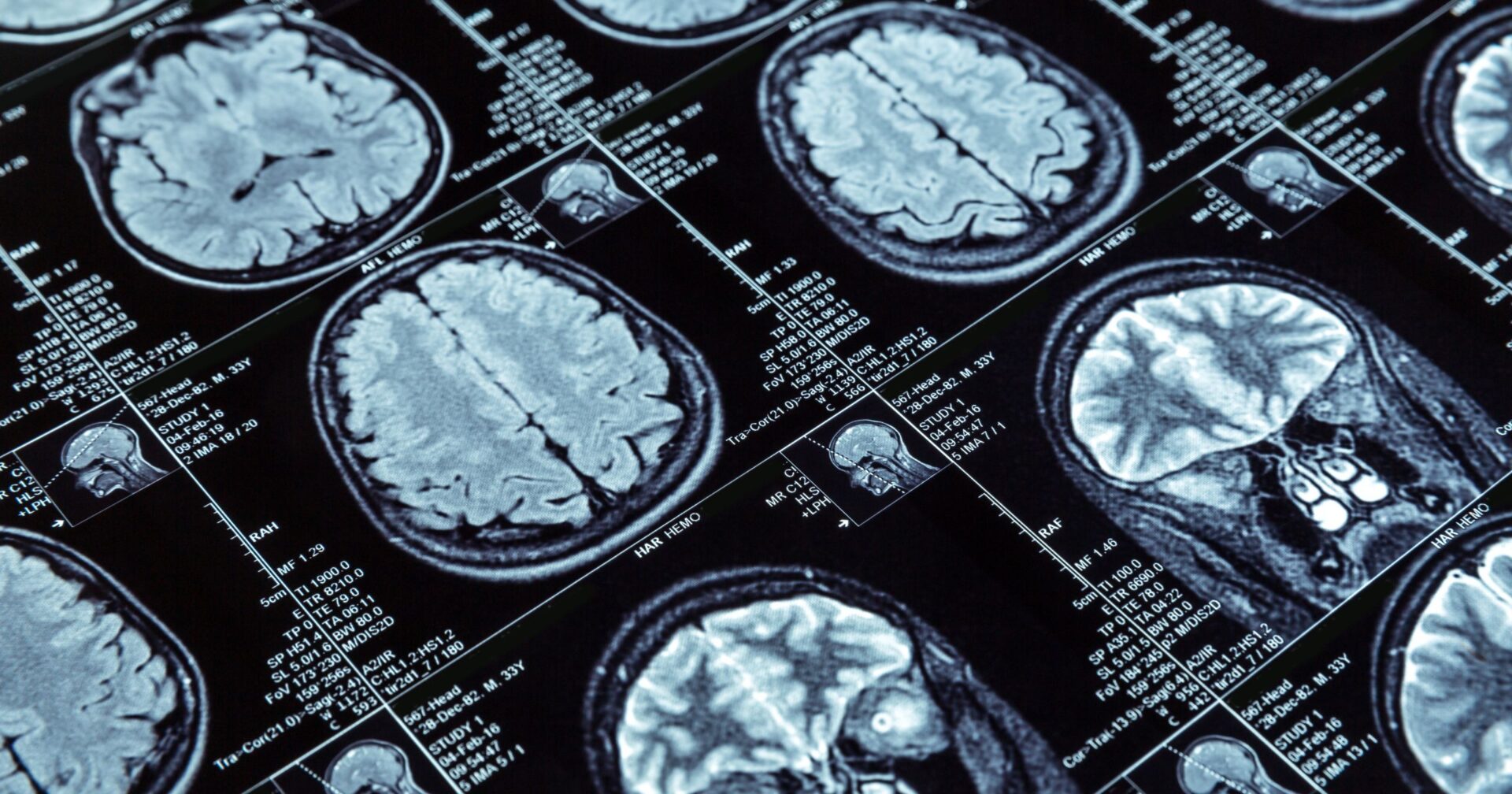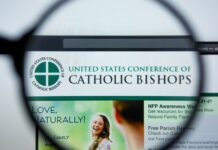The U.S. Conference of Catholic Bishops (USCCB) and the National Catholic Bioethics (NCBC) Center have raised concerns over proposed modifications to the legal definition of brain death.
They are opposing changes suggested by the Uniform Law Commission (ULC), a non-profit group that designs model laws for states, which aim to replace the existing standard of “irreversible cessation” of brain functions with a less stringent condition of permanent coma or loss of brainstem reflexes.
The USCCB and NCBC argue that the proposal allows partial brain death to be considered as complete death. They fear that this change could lead to people with some brain function being prematurely declared legally dead. They said the proposed changes oppose Catholic teaching, which require irreversible cessation of all brain functions for death declaration.
These objections come in anticipation of the ULC’s 132nd annual meeting where possible changes to the Uniform Determination of Death Act will be discussed. While the ULC claims these revisions aim to bring coherence in state laws defining death, the USCCB and NCBC warn that they may adversely affect organ donation.
They argue that the lowered criteria for brain death could discourage potential donors, who might fear organs being harvested prematurely. They also caution that the new criteria could justify methods that artificially cause the donor’s death.
The USCCB and NCBC urged the ULC to retain the existing definition of brain death and to encourage better compliance with the current legal definition among medical professionals.
Pray for the protection of life!
🙏















